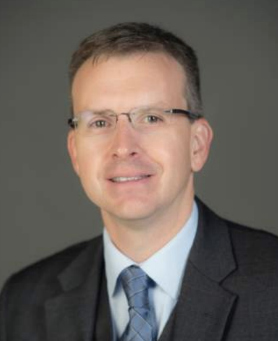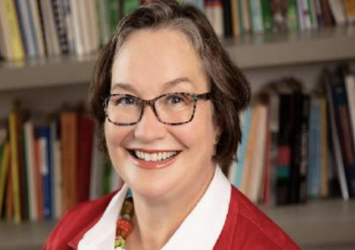Global Health Diplomacy in the Time of COVID-19

Speaker(s): Herron, E. (West Virginia University); Buckley, C. (University of Illinois)
Date: 18 August 2021
Speaker Session Summary
SMA hosted a speaker session with Dr. Erik Herron (Eberly Family Distinguished Professor of Political Science, West Virginia University) with Dr. Cynthia J. Buckley (Professor of Sociology & Faculty Affiliate of the Center for Russian, East European and Eurasian Studies and the European Studies Center, University of Illinois at Urbana-Champaign) as part of its SMA General Speaker Series.
Dr. Herron commented that health diplomacy, such as vaccines and medical supplies, can influence a country’s political influence and soft power in a region. The research team tried to connect data collected through a series of surveys to countries’ overall public sentiment toward Russia, China, EU, and the US relating to their COVID-19 assistance. The survey’s focused on three countries: a) Georgia, b) Estonia, and c) Ukraine. It was acknowledged that while the data from the surveys did show shifts in public opinion from 2020 to early 2021 there were many non-responses in each country. Also, COVID-19 surges in each country occurred at different times following different outbreak events, which influenced their civilians’ public perception surrounding the pandemic.
During the initial stages of the pandemic, China and Russia supplied medical equipment and supplies to countries more quickly than the US. Russia also attempted to give countries its SPUTNIK-V, which was the first vaccine created. This early assistance allowed Russia and China, but especially China, to be considered more helpful than the US and EU. However, the perception of Russia as a helpful state remained low as the pandemic progressed, while the perception of China as a helpful state decreased over time. The perception of the US and EU as helpful states increased over time because they were able to give better medical equipment and more effective vaccines. However, the connection between aid given and soft power gained is not simple. Dr. Herron emphasized that a better understanding of the connection between health diplomacy efforts and public opinion should be researched further because it has an important impact on national security implications.
Note: We are aware that many government IT providers have blocked access to YouTube from government machines during the pandemic in response to bandwidth limitations. We recommend viewing the recording on YouTube from a non-government computer or listening to the audio file (below), if you are in this position.
Dr. Erik Herron

Dr. Erik Herron is the Eberly Family Distinguished Professor of Political Science at West Virginia University and serves as one of the leaders on the CESCI Project. He has conducted research across Eastern Europe and Eurasia, including a term as a Fulbright scholar in Ukraine and fifteen election observation missions. He has published research about political institutions, governance, and elections in many academic journals, and four books: Mixed Electoral Systems: Contamination and its Consequences (with Federico Ferrara and Misa Nishikawa), Elections and Democracy after Communism, The Oxford Handbook of Electoral Systems (with Robert Pekkanen and Matthew Shugart), and Normalizing Corruption: Failures of Accountability in Ukraine.
Dr. Cynthia J. Buckley

Cynthia J. Buckley (Ph.D., University of Michigan, 1991) is Professor of Sociology and Faculty Affiliate of the Center for Russian, East European and Eurasian Studies and the European Studies Center at the University of Illinois at Urbana-Champaign. A social demographer by training, her research focuses on the intersections of health, social inequality, population change, and social stability. Her work has appeared in a variety of academic journals including Demographic Research, The Gerontologist, International Migration Review, Comparative Economics, and Population Research and Policy Review as well as several media and policy outlets. She is the lead editor of Migration, Homeland and Belonging in Eurasia, (Johns Hopkins University Press). Dr. Buckley has held a number of policy Biographies 83 consultancies in Eurasia in the areas of reproductive health, health service provision, education, and data collection for the US Department of State, the Carnegie Foundation, the Central Intelligence Agency, and other regional governments, international agencies, and nonprofits.
